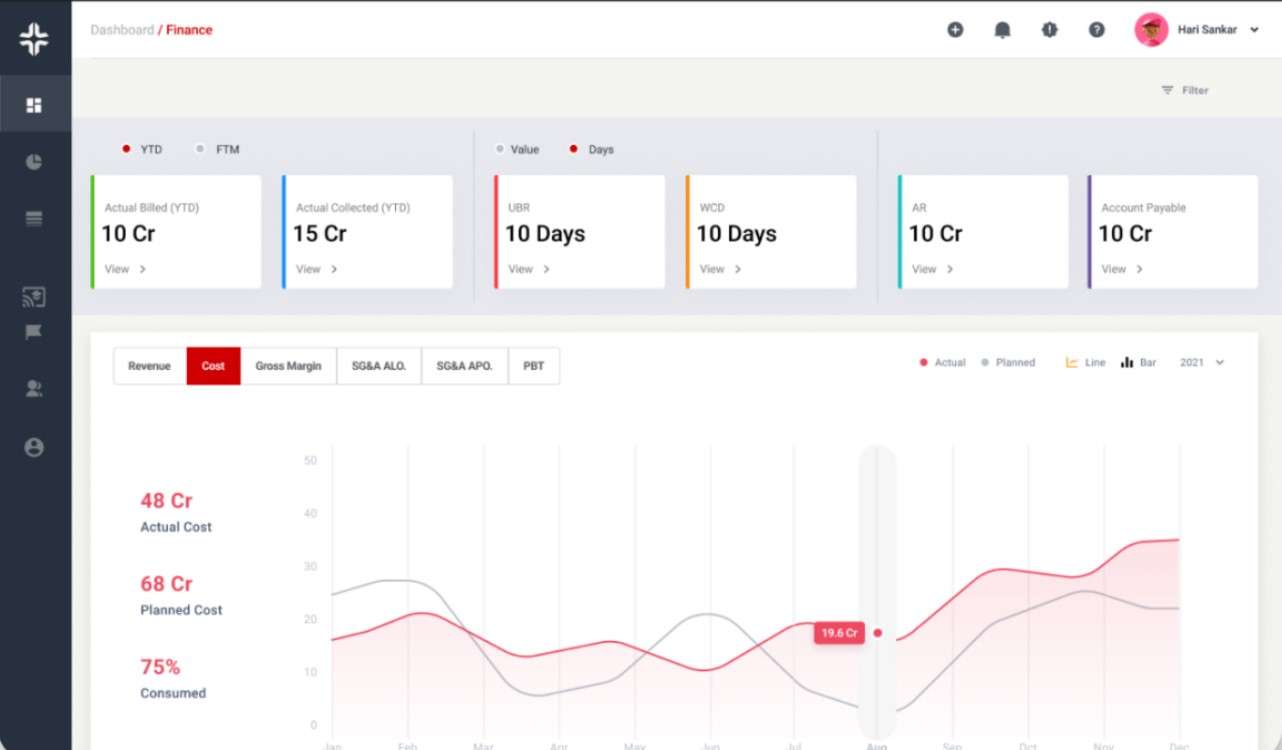Home » PSApedia
Days Inventory Outstanding
Optimize Cash Flow and Reduce Days Inventory Outstanding (DIO) for Financial Excellence.

What Is Days Inventory Outstanding (DIO)?
Days Inventory Outstanding, commonly referred to as DIO, is a financial metric that helps businesses understand how long it takes, on average, to turn their inventory into sales. Essentially, it measures the average number of days a company holds onto inventory before selling it.
DIO is crucial for businesses that rely heavily on inventory, such as retailers, manufacturers, and wholesalers, as it offers insights into the efficiency of their inventory management processes.
Why DIO is So Important?
Understanding and monitoring DIO is vital for several reasons:
1. Cash Flow Management: A high DIO might indicate that a significant amount of capital is tied up in inventory, potentially affecting cash flow. Efficient financial management can help businesses strike a balance.
2. Operational Efficiency: A lower DIO typically suggests that a company is selling its inventory quickly, which could be a sign of strong demand or effective sales strategies. On the other hand, a higher DIO might imply overstocking or decreased demand.
3. Competitive Benchmarking: Comparing DIO with industry standards or competitors can offer insights into a company’s competitive position in the market.

Why DIO is So Important?
How to Calculate DIO?
The formula to calculate DIO is:
DIO=(Average Inventory/Cost of Goods Sold)×Number of Days
Example:
Let’s say a company has an average inventory of $500,000, a cost of goods sold (COGS) of $1,500,000, and we’re looking at a period of 365 days.
DIO=(500,000/1,500,000)×365=121.67 day
This means it takes the company approximately 122 days to sell its inventory.
DIO in the Context of Business Management
DIO is more than just a standalone metric. It plays a pivotal role in comprehensive business management, especially when integrated with tools like project management software or resource management solutions. Effective inventory management can significantly impact a company’s profitability and sustainability.
Efficiently managing inventory ensures that resources are not wasted. Tools like employee 360 can provide insights into resource allocation, helping businesses identify areas of improvement.
Understanding DIO can help in creating effective sales strategies. Incorporating insights from deal management software can further enhance sales processes, ensuring that inventory moves quickly. Handling customer inquiries, returns, or complaints effectively with ticket management software can contribute to improved inventory turnover.
DIO vs DSO vs DPO
Days Inventory Outstanding (DIO), Days Sales Outstanding (DSO), and Days Payable Outstanding (DPO) are all crucial metrics that provide insights into a company’s cash flow efficiency. While they might sound similar, each metric focuses on a different aspect of the business’s operations:
- Days Inventory Outstanding (DIO): DIO measures the average number of days a company holds onto its inventory before selling it.
- Days Sales Outstanding (DSO): DSO calculates the average number of days it takes for a company to collect payment after a sale has been made.
- Days Payable Outstanding (DPO): DPO measures the average number of days a company takes to pay its suppliers.
| Metric | Definition | What It Indicates? |
|---|---|---|
| DIO (Days Inventory Outstanding) | Average number of days a company holds its inventory before selling. | Efficiency of inventory management. |
| DSO (Days Sales Outstanding) | Average number of days it takes for a company to collect payment after a sale. | Efficiency of credit and collections processes. |
| DPO (Days Payable Outstanding) | Average number of days a company takes to pay its suppliers. | Efficiency in managing payables and cash flow. |
DIO and KEBS: Streamlining Inventory Management
In the age of digital transformation, leveraging tools like KEBS can help businesses optimize their DIO. KEBS offers an array of solutions, from project management tools like Gantt charts to timesheet solutions that can track employee contributions to inventory management.
Furthermore, the KEBS proposal builder can assist businesses in creating compelling sales pitches, potentially speeding up inventory sales. For a deep dive into how KEBS can aid in streamlining inventory and other business processes, check out this comprehensive eBook on PSA software.
Ready to Optimize Your DIO?
Understanding and managing DIO is imperative for businesses to ensure operational efficiency and financial stability.

KEBS Finance Management
With KEBS, businesses can harness the power of modern solutions to optimize DIO and other crucial metrics. Ready to transform your inventory management? Contact us or request a demo to see KEBS in action.



